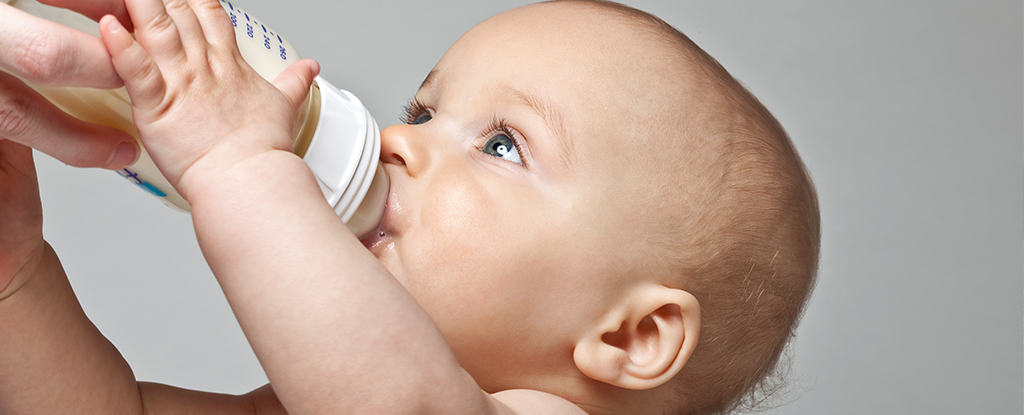The amount of sugar in the diets of babies and toddlers could predict their chances of developing type 2 diabetes and high blood pressure later in life.
Researchers from the University of Southern California, the University of California, Berkeley, and McGill University in Canada used a UK research database to investigate the long-term effects of sugar intake in our earliest years.
Collating data on 60,183 people born between 1951 and 1956, the team assessed the relationship between health and wartime sugar rationing; a restriction that ended in the UK in 1953, giving the team a very useful before-and-after boundary for comparison.
From January 1940 to 1953, the average British adult was limited to 41 grams of sugar a day, with no sugar allowed for children under the age of two. Once the restrictions were eased, sugar consumption rose sharply again.
“Studying the long-term effects of added sugar on health is challenging because it is hard to find situations where people are as-if randomly exposed to different nutritional environments early in life and follow them for 50 to 60 years,” says University of Southern California economist Tadeja Gracner.
“The end of rationing provided us with a novel natural experiment to overcome these problems.”
According to the data, children subjected to sugar rationing during the first 1,000 days of their lives – starting before they’re born – had on average a 35 percent lower risk of developing type 2 diabetes as adults, and a 20 percent lower risk of developing hypertension.
Even in cases where rationing lifted while babies were still in the womb, there was a noticeably lower risk, accounting for up to a third of the risk reduction overall. What’s more, when health conditions did appear, their onset was more likely to be delayed among those whose sugar intake had been restricted early in life.
“What’s fascinating is that sugar levels allowed during rationing mirror today’s guidelines,” says economist Claire Boone, from McGill University.
“Our study suggests that if parents followed these recommendations, it could lead to significant health benefits for their children.”
As striking as the results are, they’re not enough to prove direct cause and effect. Though the researchers accounted for a number of potentially influential factors, Brits experienced a variety of cultural changes from the 1950s, not just their sugar intake.
Nevertheless, this is strong evidence that sugar early in life – and even before birth – is hugely influential. Next, the researchers want to study any possible links between sugar and other diseases, such as cancer.
“Sugar early in life is the new tobacco, and we should treat it as such by holding food companies accountable to reformulate baby foods with healthier options,” says Paul Gertler, an economist from the University of California, Berkeley.
“We should also tax and regulate the marketing of sugary foods targeted at kids.”
The research has been published in Science.





